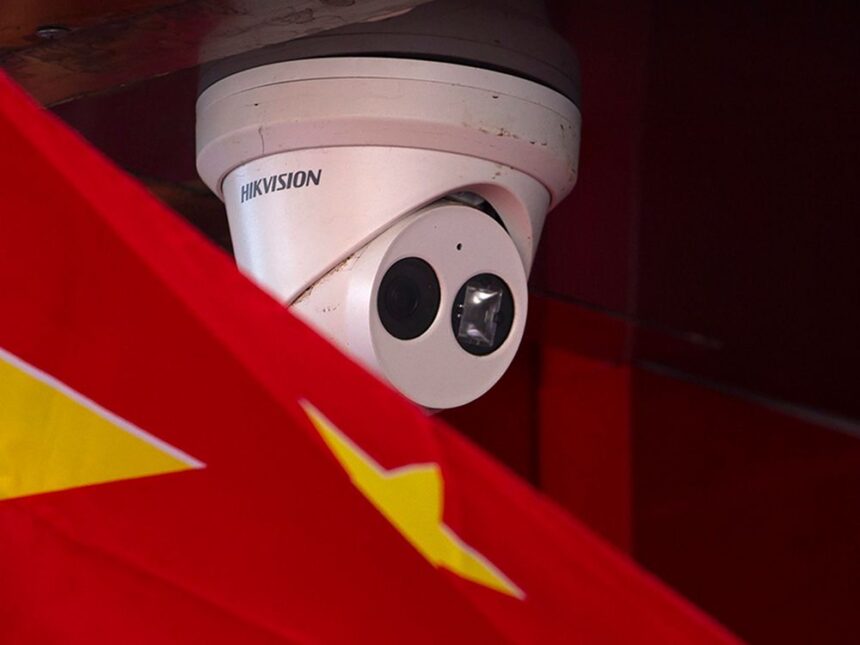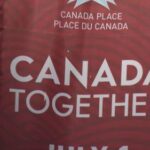In a significant challenge to Canadian national security policies, Chinese surveillance giant Hikvision has filed a formal appeal against the federal government’s order requiring the company to cease operations in Canada. The appeal marks the latest development in a growing confrontation between Western democracies and Chinese technology firms over security concerns.
Last month, Innovation Minister François-Philippe Champagne announced that Hikvision and Dahua, two of China’s largest video surveillance manufacturers, must wind down their Canadian operations by November 2024. The decision followed a months-long national security review that concluded both companies posed “significant risks” to Canada’s national security.
“After examining all the evidence, it became clear that allowing these specific companies to continue operating in Canada could compromise critical infrastructure and the privacy of Canadians,” said Champagne during the January announcement. The minister cited provisions under the Investment Canada Act that allow the government to restrict foreign companies if they present national security threats.
Hikvision’s Canadian subsidiary has now filed a challenge with the Federal Court of Appeal, arguing the government’s decision was based on “erroneous factual conclusions” and “procedural unfairness.” The company claims it was not given adequate opportunity to address specific security allegations.
“We’ve operated in Canada for over a decade, creating jobs and supporting Canadian businesses,” said Hikvision Canada spokesperson Julie Zhou in a statement. “The government’s decision appears to be based on geopolitical considerations rather than actual security risks posed by our products.”
The appeal has reignited debate about the complex relationship between technology, national security, and international relations. I reviewed court filings showing Hikvision claims it was not provided with specific evidence of security vulnerabilities in its products during the review process.
The controversy centers on Hikvision’s ties to the Chinese government. The company is partially state-owned through the China Electronics Technology Group Corporation. This connection has raised concerns about potential backdoor access to surveillance data collected by Hikvision cameras, which are installed in thousands of locations across Canada – from apartment buildings to government facilities.
Christopher Parsons, a researcher at the University of Toronto’s Citizen Lab, explained that the security concerns extend beyond hypothetical risks. “These companies have documented security vulnerabilities in their products, some of which weren’t addressed for months after disclosure,” Parsons told me. “More troubling is that Hikvision cameras have been linked to surveillance of Uyghur populations in Xinjiang.”
The Canadian Civil Liberties Association has taken a nuanced position on the ban. “While there are legitimate security concerns with foreign surveillance technology, the government must ensure that restrictions on companies follow clear, transparent processes,” said Brenda McPhail, the CCLA’s privacy director.
The Hikvision case reflects broader tensions between Western nations and Chinese technology companies. The United States implemented restrictions on Hikvision in 2019, prohibiting federal agencies from purchasing its equipment and later restricting American investment in the company.
Stephanie Carvin, former national security analyst and associate professor at Carleton University, noted that Canada’s approach represents a shift in policy. “Canada has historically been more reluctant than its Five Eyes partners to restrict Chinese technology companies,” she said. “This decision signals a hardening stance aligned with allies like the U.S., UK, and Australia.”
The security ban affects not just Hikvision and Dahua but thousands of Canadian businesses that sell and install their products. The Canadian Security Association estimates that approximately 15,000 security system integrators will need to transition to alternative suppliers within the government’s implementation timeline.
“Many small businesses have invested heavily in becoming certified installers for these products,” said Patrick Straw, executive director of the association. “The government needs to consider financial support for these companies during the transition.”
Government documents obtained through access to information requests show that security agencies had flagged concerns about Chinese surveillance technology as early as 2018. A 2020 CSIS threat assessment specifically mentioned vulnerabilities in foreign-made surveillance equipment that could “enable state actors to access sensitive data or critical infrastructure.”
The legal battle ahead will likely center on whether the government provided Hikvision with sufficient information during the review process to respond to specific allegations. Legal experts suggest the case could establish important precedents for how Canada handles national security reviews of foreign technology companies.
Wesley Wark, a national security expert and senior fellow at the Centre for International Governance Innovation, believes the appeal faces significant hurdles. “Courts typically grant the government substantial deference in national security matters,” Wark explained. “The real question is whether procedural fairness was followed during the review.”
As the appeal moves forward, Canadians are left balancing legitimate security concerns against the practical implications of removing widely deployed technology. Whatever the outcome, the case highlights the growing complexity of managing national security in an era of global technology supply chains and intensifying geopolitical competition.






